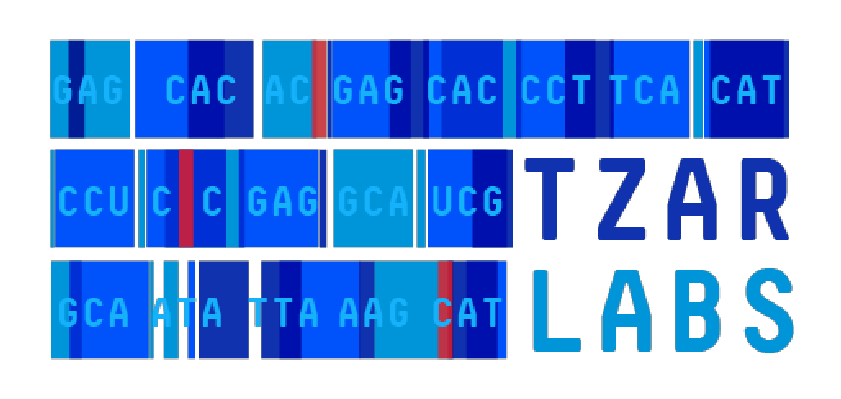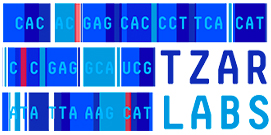Understanding Cancer in Women
Women’s health is a cornerstone of our society, and understanding women’s unique challenges is crucial. This month, we’re highlighting women’s cancers, emphasising the importance of awareness, early detection, and proactive health management. From breast cancer to ovarian cancer, knowledge is power, and taking control of your health is the first step towards a healthier future.
Key Cancers Affecting Women
- Breast Cancer:
- Breast cancer remains a significant concern. Early detection is vital. Regular self-exams and mammograms are essential tools in identifying potential issues. Knowing the symptoms, such as lumps, changes in breast size or shape, or nipple discharge, can make a crucial difference. (Link to: Cancer Research UK – Breast Cancer)
- Cervical Cancer:
- Cervical cancer is often linked to the human papillomavirus (HPV). Regular smear tests are critical for detecting precancerous changes. The HPV vaccine has also significantly reduced the risk of cervical cancer, making it a powerful preventive measure. (Link to: Jo’s Cervical Cancer Trust)
- Ovarian Cancer:
- Ovarian cancer can be challenging to detect, as its symptoms are often vague and easily mistaken for other conditions. Persistent bloating, pelvic pain, and changes in appetite should not be ignored. Listening to your body and seeking medical advice is essential. (Link to: Ovarian Cancer Action)
- Uterine/Endometrial Cancer:
- Uterine or endometrial cancer is another concern, with abnormal vaginal bleeding being a primary symptom. Understanding the risk factors, such as age and obesity, can help women take proactive steps. (Link to: Macmillan Cancer Support)
Empowering Women’s Health: HrC Genomics and Cancer Screening
HrC Genomics is at the forefront of proactive women’s health monitoring, focusing on the body’s natural signals: mobilised stem cells. This groundbreaking technology employs advanced genetic analysis (NGS) to detect these specific stem cells in the bloodstream, offering a powerful tool for earlier insights into potential cancer risks, particularly those affecting women.
By analysing these naturally occurring, mobilised stem cells, HrC Genomics provides a valuable risk assessment, empowering women to take a more informed and proactive approach to their health. This technology serves as a complementary screening method alongside traditional approaches, potentially offering a more nuanced understanding of individual risk profiles for cancers such as ovarian, breast, and uterine cancers, where early detection is paramount.
For women facing the challenges of cancers with subtle or late-onset symptoms, like ovarian cancer, regular monitoring with HrC Genomics can be especially beneficial. It allows women and their healthcare providers to track changes over time, facilitating more personalised health management and potentially leading to earlier interventions.
Taking control of your health is crucial. For further information on how HrC Genomics can complement your existing health strategy and provide you with added peace of mind, go to www.testforcancer.co.uk.
Risk Factors and Prevention
Several factors can increase the risk of developing women’s cancers. Lifestyle choices, such as maintaining a healthy weight, eating a balanced diet, and engaging in regular exercise, can play a significant role in prevention. Genetic predispositions also contribute to risk, highlighting the importance of family history. Regular check-ups with your GP are essential for monitoring your health and addressing any concerns. (Link to World Cancer Research Fund)
Support and Resources
Navigating a cancer diagnosis can be overwhelming, but you’re not alone. Numerous organisations provide support and resources for women affected by cancer. Cancer Research UK, Jo’s Cervical Cancer Trust, and other support groups offer valuable information, guidance, and emotional support. Connecting with others who understand your experience can make a significant difference.
Taking Action: Prioritise Your Health
This month, we urge all women to prioritise their health. Schedule your screenings, talk to your GP about any concerns, and educate yourself about the risks and preventive measures. Discuss all available screening methods with your GP. Encourage your friends and family to do the same. By working together, we can empower women to take control of their health and fight against women’s cancers.
Remember, early detection saves lives.



